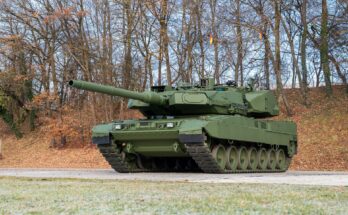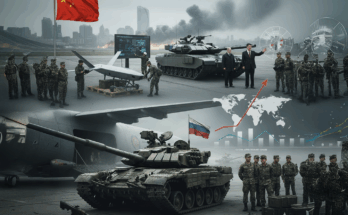As long as there are people there will be corruption. A lot of things people do are awful low (name that movie quote). War provides corrupt individuals with irresistible opportunities to enrich themselves.
During the American Civil War, U.S. Secretary of War Simon Cameron was very corrupt (add another hundred or so “verys” and you get the idea of how corrupt). Pennsylvania Representative Thaddeus Stevens described Cameron as so corrupt the only thing he wouldn’t steal was a red hot stove.
The Hall Carbine Affair saw the U.S. purchase weapons in 1861 that earlier in the same year the Army deemed unsafe to use and sold at auction. The scammers purchased the carbines for $17,500 and then resold them back to the U.S. Army for a hefty profit (550 percent by some estimates).
This level of corruption pales in comparison to that under today’s communist regime in China. Ironically, after the communist victory in 1949, many Chinese initially supported them because they weren’t corrupt, unlike their Kuomintang (Nationalist) predecessors.
Well, not having to worry about elections or keeping the support of the people, the Chinese Communist Party (CCP) is facing a corruption tsunami. The world was shocked when it learned how corruption had hobbled the Russian Army. From the available reports, corruption in China is far, far worse (maybe this also needs many more “fars”). There are numerous examples of corruption in the Chinese civilian economy; tofu-dreg construction results in buildings condemned before they are even completed. The PLA cannot escape the greed of these people.
High positions in the PLA are for sale. As with all tyrannical regimes, loyalty is the most important attribute for those seeking to join the PLA’s upper ranks. Morale in the PLA is described as low, especially among junior officers. Thievery is common. There are rumors that the PLA has the world’s largest number of “ghost soldiers,” nonexistent people that exist on the rolls with officers collecting their pay.
Within the PLA’s arms development and procurement bureaucracy, corruption is so bad that no one knows the true status of any design projects or how many weapons are in inventory. China’s hypersonic missile program may be just smoke and mirrors, while other weapons are closer to parade floats than operational systems.
There are numerous examples of complaints from foreign clients of Chinese-made weapons. Customers are upset by poor workmanship, unreliability, and short operational lifespan. Lower prices are no longer a sufficient offset to many clients.
As China reportedly gears up to invade Taiwan, the greatest ally Taipei has is the CCP’s corruption. Should this invasion occur, the PLA soldier will not enter combat carrying Hall carbines, yet the specter of such scandals will hang heavily over this battlefield.
For more than 35 years, Larry has been involved in research and analytical work for various Forecast International projects. He has contributed to the Airborne Electronics Forecast and was chief editor on the World Aerospace Weekly newsletter. Larry was directly responsible for the creation of World Weapons Review, a biweekly industry market research publication specializing in weapon systems and related material. He was the creator of Unmanned Vehicles Forecast, launched to cover the growing market for civil and military drones, and was involved in the development of the Airborne Retrofit & Modernization Forecast service. He is currently responsible for the Missile Forecast and for FI's two Unmanned Vehicles Forecast services – Airborne Systems and Land & Sea Systems.




